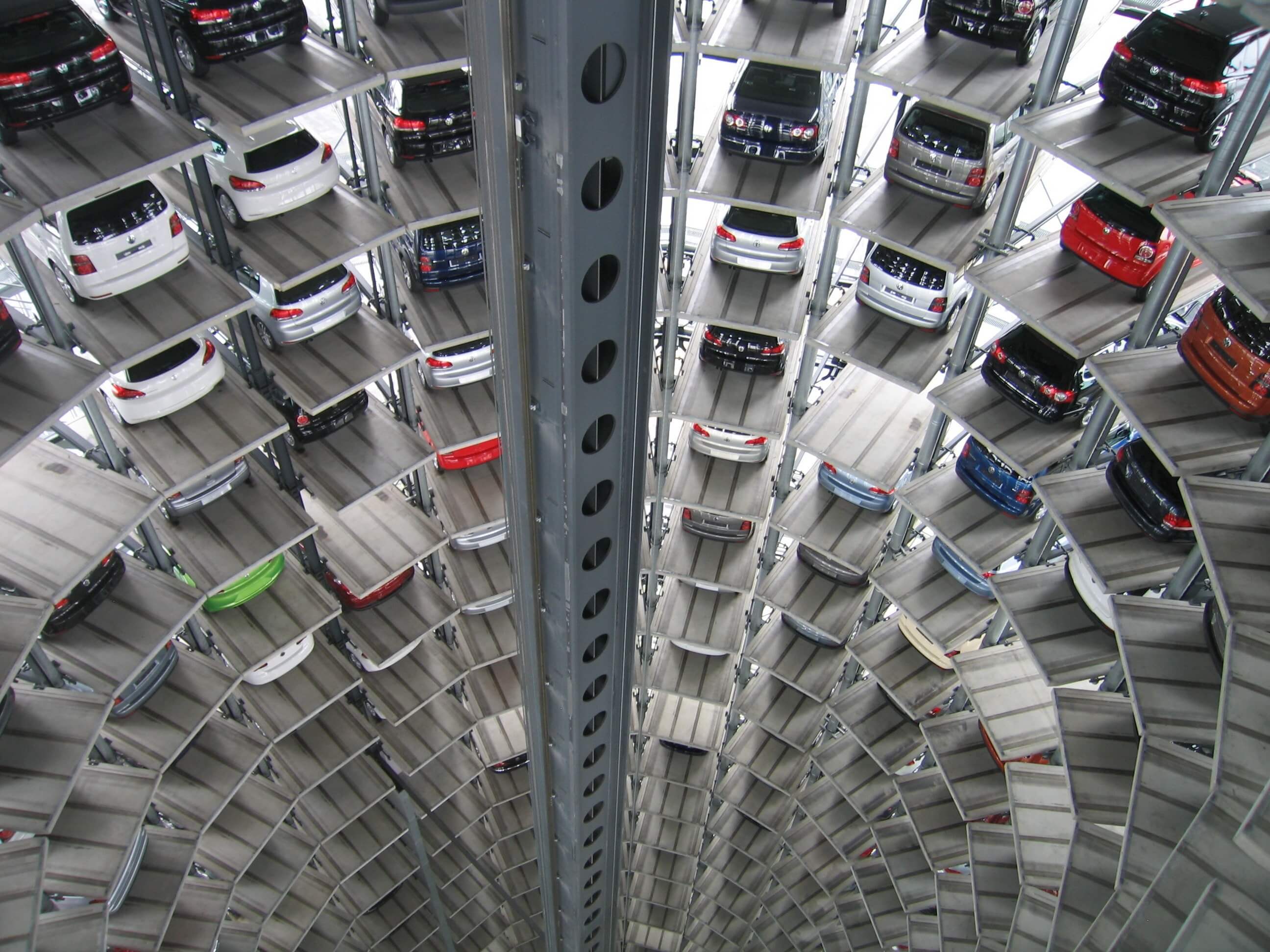Setting the appropriate car groups to be shopped depends on the target defined by the Business Analyst as well as the technical constraints brought by the data supplier.
Some local data suppliers are present in almost all the markets. However, they mostly operate for B-to-C business (rate shops provided to marketplace or price comparator like Kelkoo, PriceGabbler, etc.). Even if their expertise can be useful, canvassing travel bookings and especially car rental requires some specific skills.
At WeYield, we think that the two main professionals are the American QL2 and the Indian RateGain. They strongly developed their expertise in the transport industry, hotels, and online travel agencies (Expedia, Booking, etc.). Their operating processes are pretty close. However, there is a slight difference regarding the car rental price canvassing:
- for RateGain, the volume of data depends on the number of car categories shopped. The Business Analyst can therefore decide specifically to collect only Mini, Economy, and Compact cars and nothing more. Based on the famous 20/80 rule, it makes sense to concentrate only on the most demanded car categories as the demand usually focuses on the cheapest cars.
- QL2 does not require a specific car category at the time of building the rate shop. Its crawlers gather all prices for all car categories displayed without any additional cost. The main advantage for the Business Analyst is to be fed by all car categories available on the market at a given booking time. Therefore, a specific analysis can be run on medium or big categories including vans or minivans: all data are shopped thus recorded. (see note 4)
In Rateshaker, for our previous rate shop, the total number of queries was 450. Adding the car categories will have various impacts:
- RateGain: if the configuration is made on 3 or 4 car categories, the total number of shops required will become 450 x 3 = 1350 queries
- QL2: as explained, there is no additional cost. Therefore the total number of shops charged will remain 450 queries.
The car mapping is the most crucial but time-consuming task to perform as soon as the rates are collected.
At soon as the data are available to the Analyst, an important task remains to be done: car mapping. Theoretically, a mini or a compact is the same for all car suppliers. But in practice, Hertz and Europcar display their car category using the Accriss codification (EBMR, CDMR, etc.) while Avis lists its vehicles using letters (A, B, etc.). So for one query set (“what is the price at Geneva Airport for a 7-day rental starting next weekend?”), the data collected will vary from one supplier to another. The results may be EBMR Hyundai i20 or similar” or “A Mini Kia Rio”.
The number of combinations increases a lot when the query runs on various sites, sources, and stations. After every rate survey, the Business Analyst must check all car description and matches them with previous data already mapped with the company fleet. This task is not that difficult but very time-consuming. However, this is the only way to be able to compare heterogeneous data provided by various sources and read them through one prism.
To speed up this process, WeYield developers have used a semantic tool enabling the data to be compared with an initial database designed by the company and pre-assigned a car category. As of today, 99% of all the inputs are mapped automatically during the integration batch. Time saved for the Business Analyst can be reallocated to market analysis and pricing actions.
For the Trucks, the rate shop is a bit more complex than for the cars. Truck categorization is impacted by the truck size, truck usage as well as distance in addition to the duration. On most of the supplier websites, it is not possible to find a truck rate engine: they have created a specific ad-hoc truck site. On these platforms, it is possible to create a query that will ask the system all the booking criteria like “1-day/50 kilometers” or “1-day/100 kilometers”. Many options exist and require having a large knowledge before setting a truck query.
Conclusion
The business Analyst should keep in mind that a rate shop alone has very limited interest. To deliver all its added value, the market prices from a competitor should only come at the end of the yield analytical process to light the tactical inventory decision or the rate grid update. The rate shop is a radar. It does not replace the Captain to pilot his aircraft in the most efficient and profitable way.
4 In Rateshaker provided by WeYield, all rates for all categories are stored for the past and future booking dates. Therefore, the Business Analyst can run rate comparison year on year and also event on events (like for Ramadan or Easter vacations which do not fell on the same dates every year).





